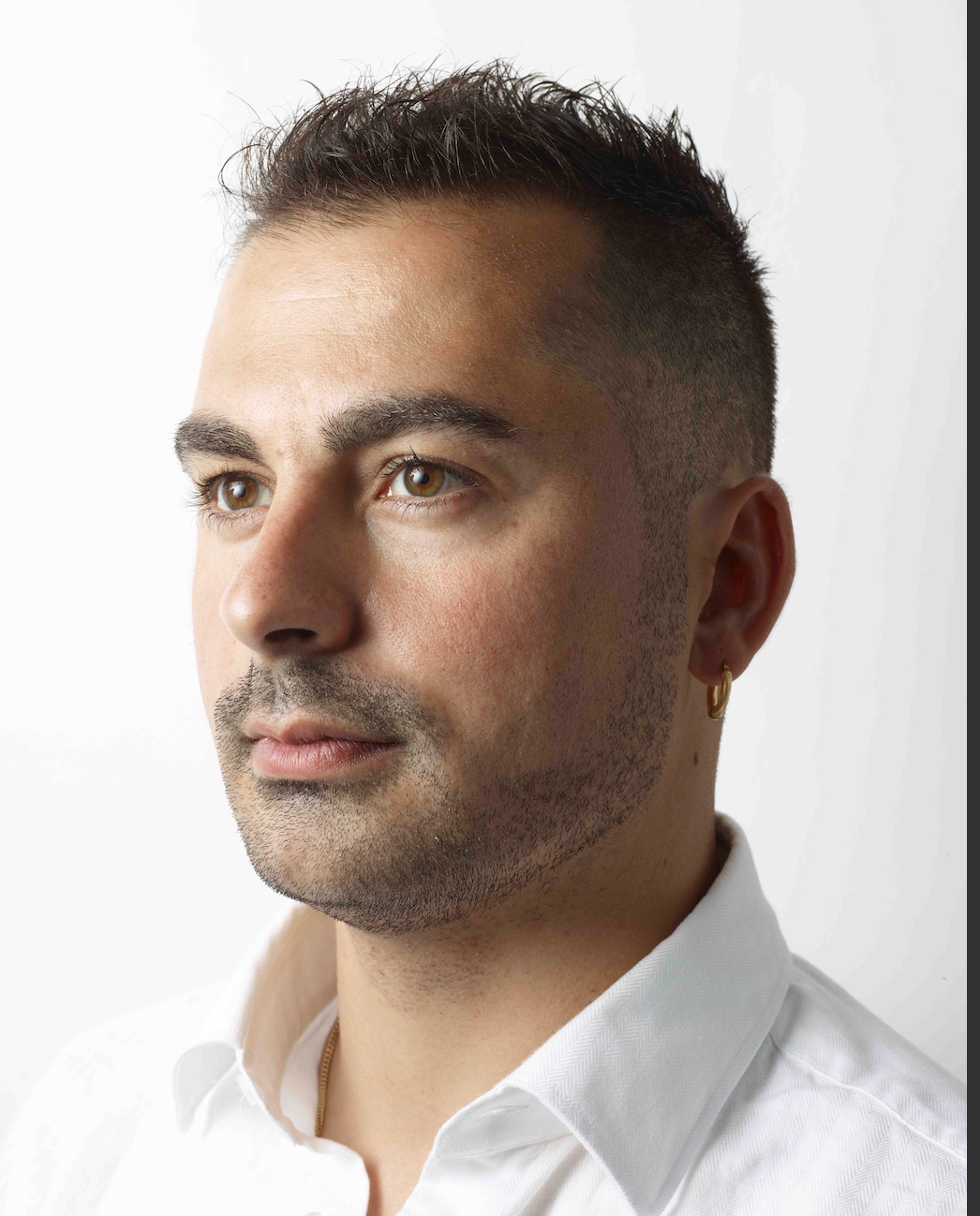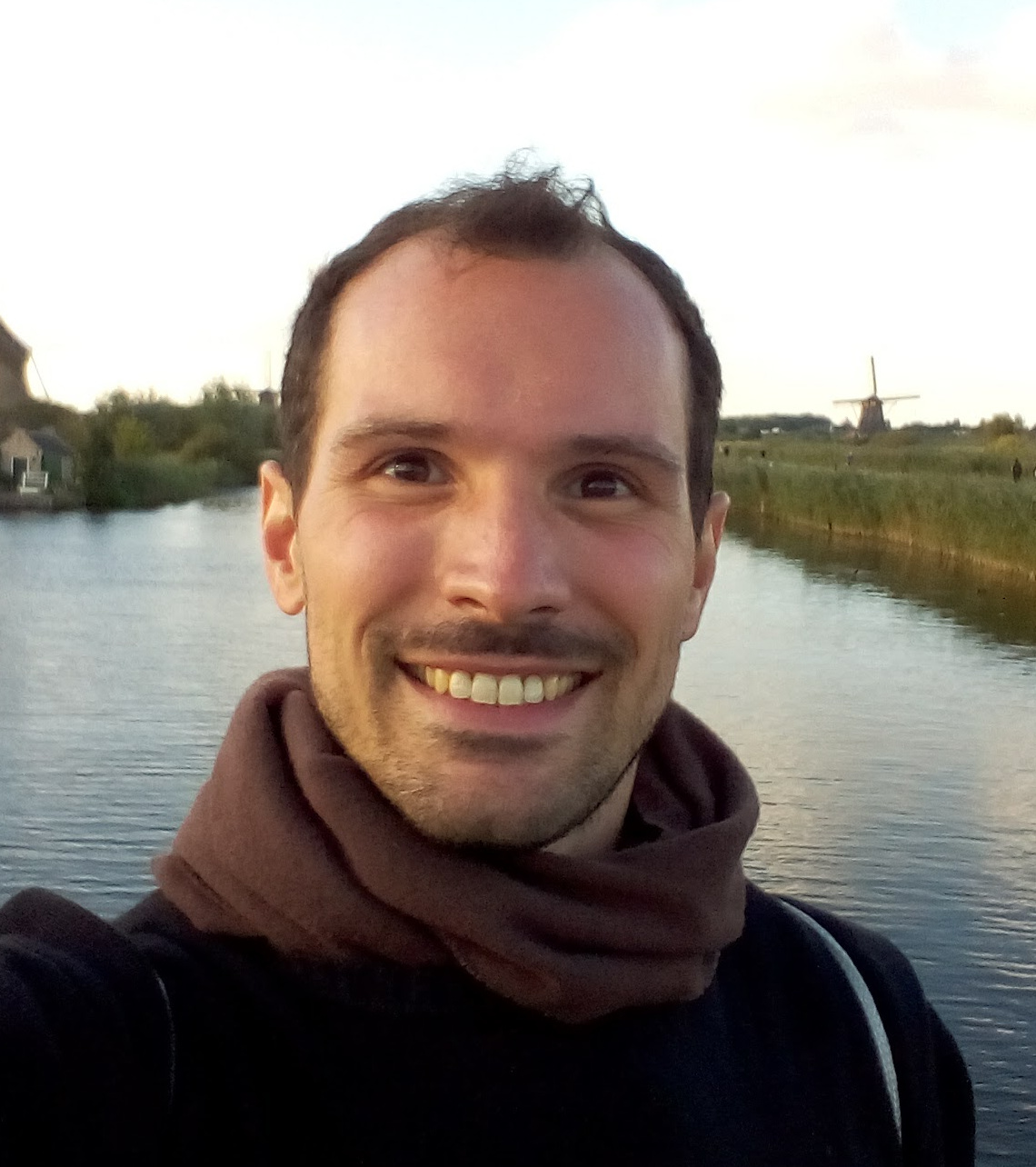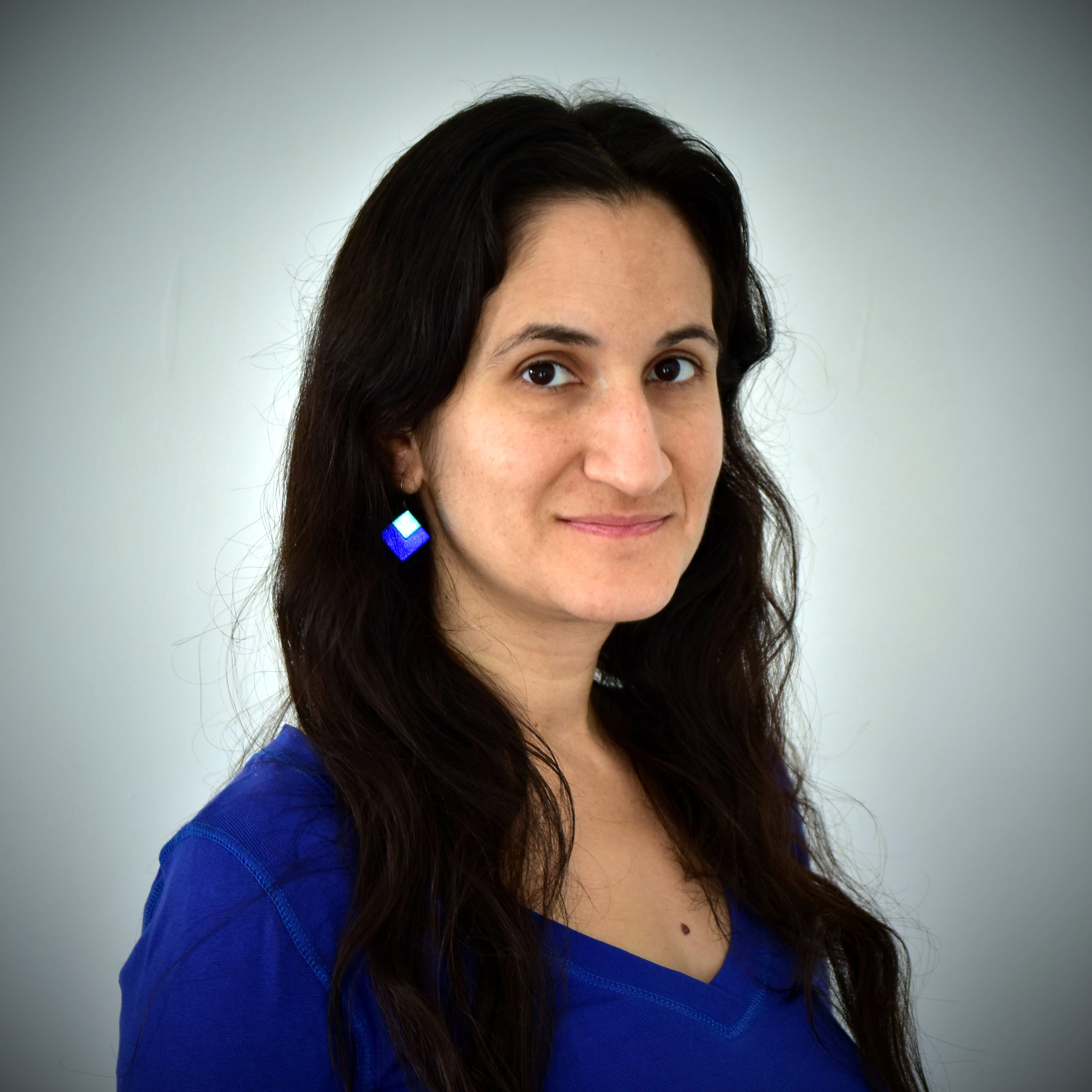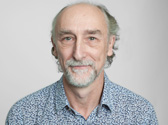ICTs and Gender Mainstreaming track: From Discriminators to Characteristics: How a Fair A.I. will Improve Human Life
Women’s Brain Project
Session 117
Artificial Intelligence (A.I.) promises to help humans to solve some of the biggest challenges, including resource management and healthcare sustainability. In order to achieve these results, however, A.I. needs to replicate - at a faster pace - existing processes, learning patterns from human data. If the data in input is biased, it is likely that A.I. will perpetuate the same biases in the future. In this workshop, we will discuss the implications of the impact that the above may have on human wellbeing, and explore actionable solutions to attain trustworthy design, development and deployment of A.I. systems in several areas.

Enrico Santus (www.esantus.com) is a senior data scientist at Bayer. After his PhD at the Hong Kong Polytechnic University, Enrico joined the group of Regina Barzilay at CSAIL, MIT. His academic career includes affiliations with the King's College of London, the University of Pisa, the University of Stuttgart, the Nara Institute of Technology and Harvard. His work touches topics such as NLP in Oncology, Cardiology and Palliative Care. Enrico has also worked on Epidemiology, Fake News Detection, Sentiment Analysis and Lexical Semantics. As of today, Enrico has published over 50 papers, with over 700 citations. He collaborated to the creation of The Prayer (artist: Diemut Strebe), a mouth-shaped robot that pronounces original prayers, generated with Artificial Intelligence, exposed at the Centre Pompidou, in Paris. He was also involved in the creation of Safe Paths, the MIT tracing app. CEO of RenaiXance and advisor of several startups, Enrico was also invited to speak at the White House about how to utilize natural language processing for optimizing document management, and he is first author of a fact sheet about Artificial Intelligence for the American Congress: https://www.belfercenter.org/publication/technology-factsheet-artificial-intelligence

Davide Cirillo, Ph.D., is a postdoctoral researcher at Barcelona Supercomputing Center (BSC) Computational Biology group, Life Sciences Department, and member of the Women’s Brain Project (WBP). Davide Cirillo received the MSc degree in Pharmaceutical Biotechnology from University of Roma ‘La Sapienza’, Italy, and the PhD degree in Biomedicine from Universitat Pompeu Fabra (UPF) and Center for Genomic Regulation (CRG) of Barcelona, Spain. His research is devoted to the development and application of computational methods in Precision Medicine with a special emphasis on Machine Learning and Artificial Intelligence.

Evelyne is an internal medicine specialist and longevity physiician, trained a.e. at Harvard Medical School affiliated hospitals (Mass General Hospital, Beth Israel MD, Dana Farber) and Columbia University NYC.
Specialist in internal medicine, with research focus on Artificial Intelligence (AI) and digital health, especially in the fields of oncology, preventative and precision medicine, biogerontology, and geronto-oncology.
Published over 80 peer-reviewed papers, frequent speaker at scientific and medical conferences in Asia and in Europe.
Spent a decade practicing medicine, lecturing at medical schools and performing clinical and
translational research in New York, Shanghai and Basel, with extensive experience in scientific research and clinical practice at the following well-known and highly reputable institutions: University Hospital of Basel, Fudan Cancer Institute and Hospital; Zhongshan Hospital, Renji Hospital and Shanghai East Hospital.
Based on education: working in medicine on an international and cross-cultural level, e.g. as a board member of various global and national medical societies, e.g. European Federation of Internal Medicine, Swiss Society of Internal Medicine, etc.

Hila is a Research Scientist at Amazon, working on Natural Language Processing (NLP). Prior to that, she did her Ph.D. at Bar Ilan University in the field of NLP and Deep Learning, under the supervision of Dr. Yoav Goldberg. She earned her MSc. in Computer Science at the Hebrew University.
Hila's research deals with various aspects of language modeling using neural network architectures, which are the underlying mechanism for many state-of-the-art NLP applications. In this context, her Ph.D. focused on identifying and mitigating gender bias, as a step to promote fairness in NLP, revealing that existing methods for dealing with gender bias do not work as expected, and that the challenge is harder than first perceived. She is also fascinated by linguistics and interested in relations between languages, in particular the way multilingual signals can be used for various tasks.

Prof. Alfonso Valencia is ICREA research Professor, Director of the Life Sciences Department of the Barcelona Supercomputing Center, and Director of the Spanish National Bioinformatics Institute INB-ELIXIRES. His research interest is the development of Computational Biology methods and their application to biomedical problems. Some of the computational methods he developed are considered pioneering work in areas such as biological text mining, protein coevolution and more recently epigenetic and disease networks. He participates in some of the key cancer related international consortia. In terms of community services, he is one of the initial promoters of what is now the ELIXIR infrastructure, founder of the Spanish Bioinformatics network and founder member and former president of
ISCB the professional association of Bioinformaticians and the Executive Editor of the main journal in the field (Bioinformatics OUP).

Starting as neuropsychologist, Piera Marongiu is passionate about inclusion in healthcare. She has spent 20 years in the field of inclusion and diversity, human capital and organisational development.
Her mission is to melt the walls of discriminations in organisations and making a positive impact in different areas: gender, LGBTIQA, culture, generation, different-abilities and neurodiversity.
She has worked with a 'diverse' range of organisations, from industry (Biogen, Dow Chemical) NGOs, and UN Women. Also across several countries (US, India, Switzerland, Spain, Italy). She is currently guest lecturer at University of Applied Sciences and Arts Northwestern Switzerland in diversity and inclusion and founder of IIE - Integrate Include Engage.
-
 C7. ICT applications: benefits in all aspects of life — E-health
C7. ICT applications: benefits in all aspects of life — E-health
-
 C10. Ethical dimensions of the Information Society
C10. Ethical dimensions of the Information Society
-
 Goal 3: Ensure healthy lives and promote well-being for all
Goal 3: Ensure healthy lives and promote well-being for all
-
 Goal 5: Achieve gender equality and empower all women and girls
Goal 5: Achieve gender equality and empower all women and girls
-
 Goal 8: Promote inclusive and sustainable economic growth, employment and decent work for all
Goal 8: Promote inclusive and sustainable economic growth, employment and decent work for all
https://www.esantus.com
http://www.womensbrainproject.com/
